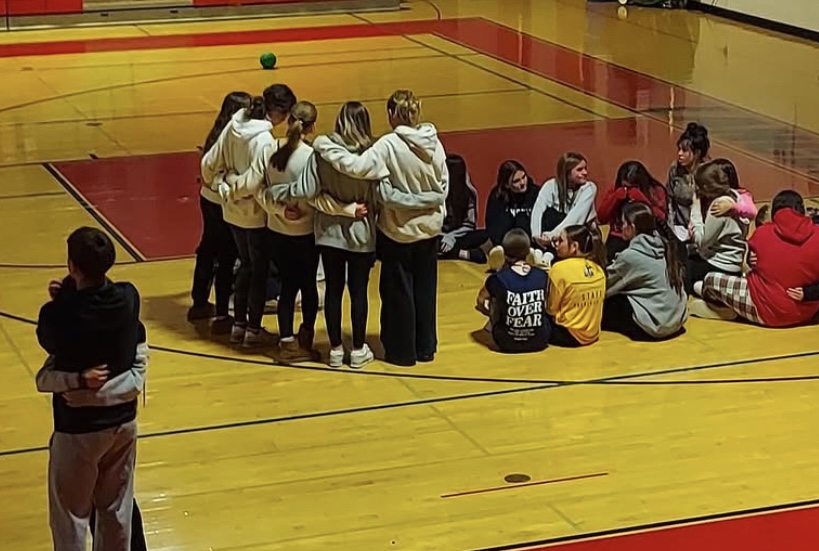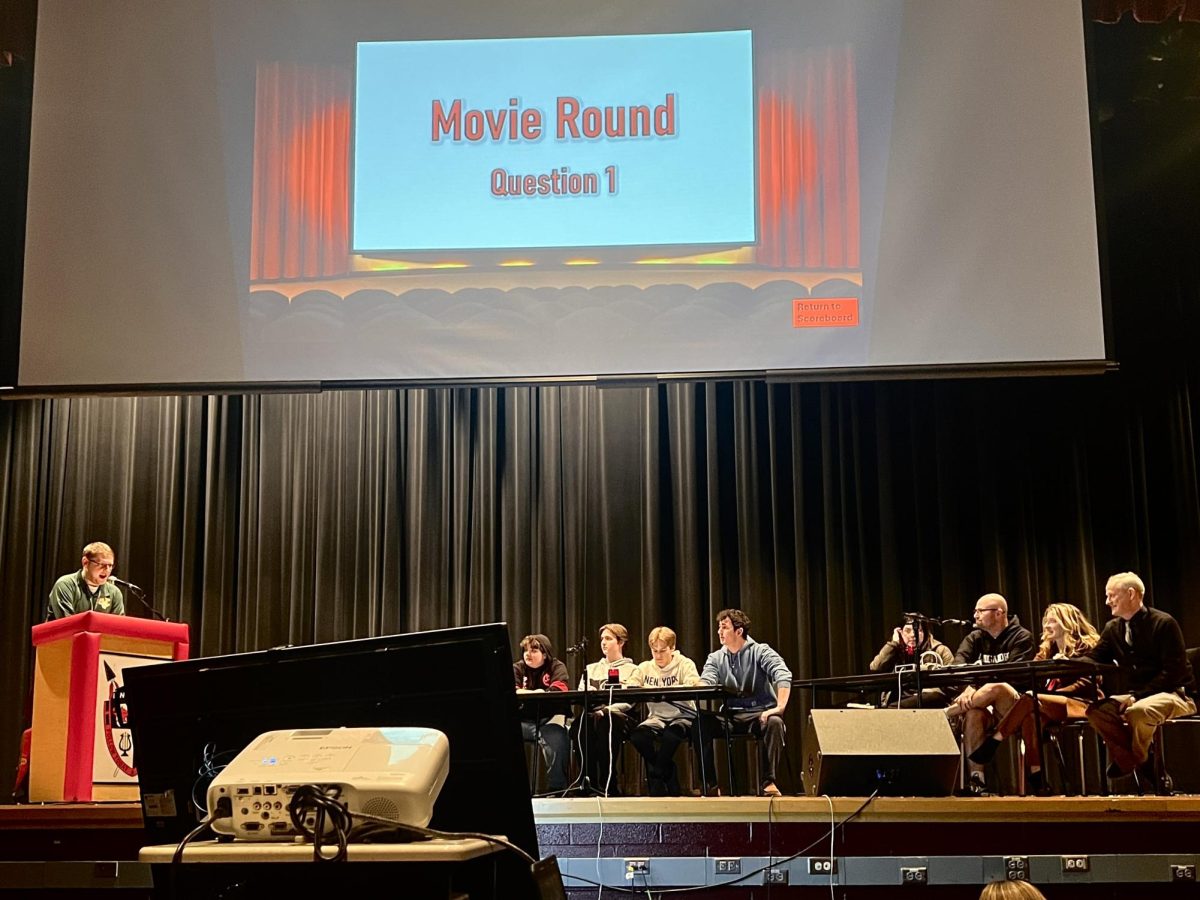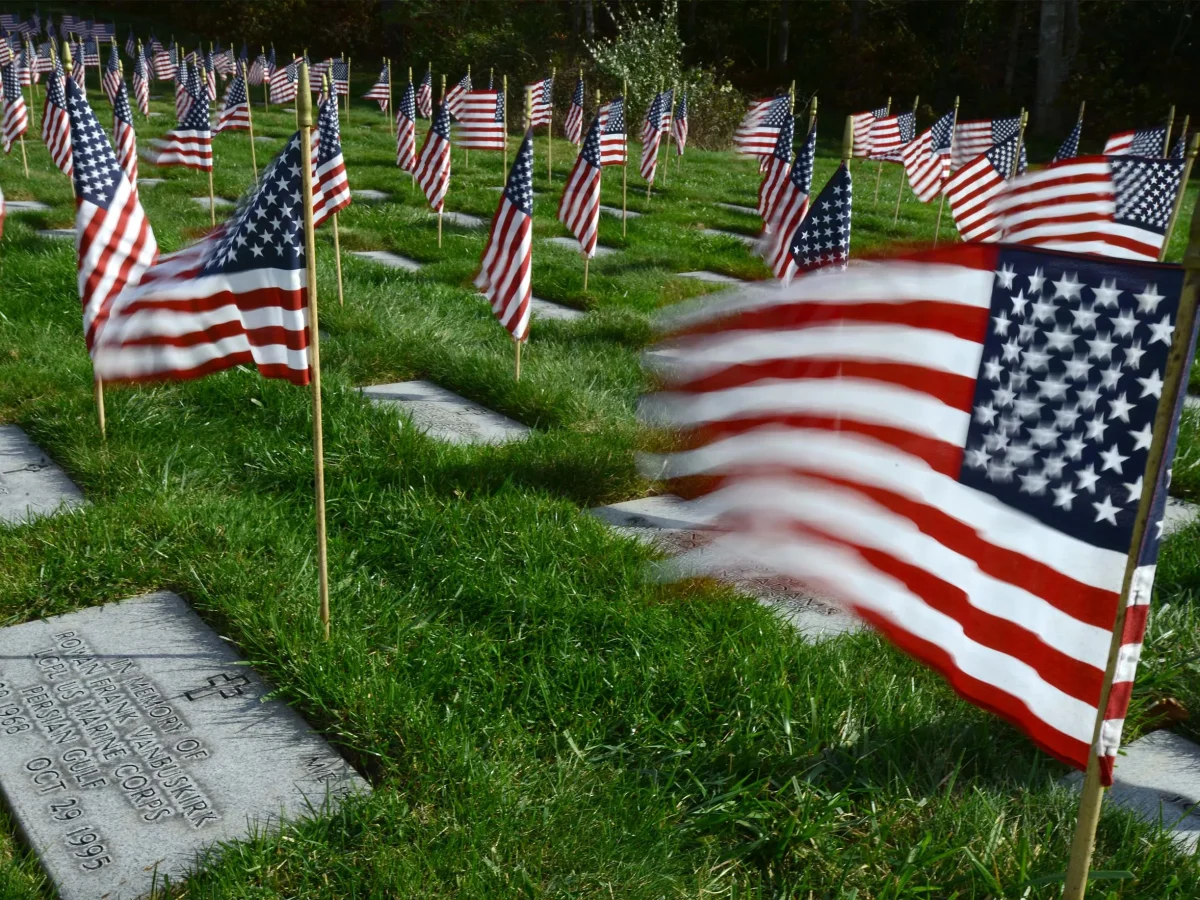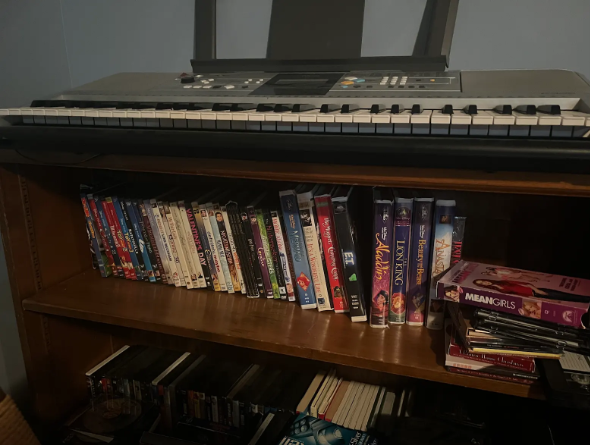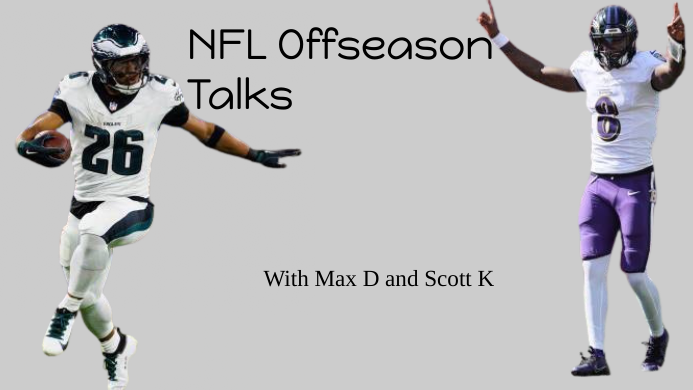Over the summer, Louisiana Governor Jeff Landry signed a new law that garnered attention from across the county. The law specifically states that all publicly funded kindergarten through 12th-grade schools must display the 10 Commandments in each and every classroom, in an “easily readable, and large font.” While this does not affect any private schools in the state, it does include any publicly-funded universities that are in Louisiana.
In recent years, many states such as Texas, Utah, and Arkansas have challenged the rights to the First Amendment and the separation of church and state. Slim to none have succeeded once a case has reached a federal level, particularly at the Supreme Court.
When the decision for the separation of Church vs State was originally made, freedom of religion had been divided into two separate documents. Aside from the 1st Amendment, the Establishment Clause and the Free Exercise Clause were created. The Establishment Clause essentially states that the government is forbidden from declaring one official religion, country or state wide. While the Free Exercise Clause explains the government must not discriminate against someone for their religion or seize their right to practice their religion.
Despite the framework being laid out by the country’s Founding Fathers centuries ago, and further solidified in federal law more than 75 years ago, this remains a hotly contested issue to this day.
At Linganore High School (LHS), senior Elijah Costigan is one of many leaders of the Fellowship of Christian Athletes club (FCA). Like some in the U.S., Costigan does not see a problem with having religion in schools and even thinks it could benefit students.
“When it comes to separation of Church and State, from my understanding, it doesn’t cross the line of having the Bible and [The 10 Commandments] in schools,” Costigan said. “As long as [religion is] being presented as an option, it’s not crossing that line.”
Linganore FCA sponsor Jennifer Purgason, a math teacher at LHS, similarly shared how she believes Christian beliefs and morals would benefit most, but she does not want to force it on anyone. She believes that is a decision left up to individuals.
“I wouldn’t want to force it [religion] on anyone; however, I also really strongly believe that there’s a lot of great values within Christianity that everybody could benefit from,” Purgason said. “Whether you believe that Jesus is your savior or not, I feel like there’s a lot of great things that come out of Christianity and what people believe that could be beneficial to our whole school.”
Despite the Establishment Clause’s call for state and federal entities not to promote one religion over another, states such as Oklahoma, Arizona, and Utah only want to display the 10 Commandments, a Christian document, in their publicly-funded classrooms. Louisiana takes this one step further, pushing to have bible teachings, alongside teaching the 10 Commandments to public school students.
Further connecting to bible teachings, there was a discussion regarding the purchasing and endorsement of the bible back in 1777, where it was ultimately decided that there were many loose strings. As a result, the bible was endorsed regardless, but the purchasing of the bibles was very touch and go.
LHS Law and Society teacher Jamie Hendi gave a further explanation on the history of the 10 Commandments and prayer in schools and what has changed to cause such a resurgence in states challenging the law.
“There’s no prayer school, the court has also said in 1980, [that there is] no posting of the Ten Commandments in public school classrooms,” Hendi said. “This doesn’t apply to private schools, but it does to public schools. So that was in 1980 they said no posting [the 10 Commandments]. So, what is happening now is because our Supreme Court makeup has changed and it’s gotten more conservative.” Hendi said.
A controversial case that revolves around Church vs State is the case Engel vs Vitale that dates back to 1962, which found non-denominational school prayer to be unconstitutional. This case was brought to court by a parent who had a child in a New York public school which, by state law, was required to hold morning prayers the parent believed was a violation of both the 1st Amendment and the Establishment Clause. The court sided with the parent, determining that it was not enough that students were allowed to opt-out.
A government website maintained by U.S. Courts on behalf of the Federal Judiciary captured the Supreme Court’s 6-1 majority opinion: “Since Americans adhere to a wide variety of beliefs, it is not appropriate for the government to endorse any particular belief system. The majority noted that wars, persecutions, and other destructive measures often arose in the past when the government involved itself in religious affairs.”
Frederick County Public Schools (FCPS) Board of Education (BOE) President Karen Yoho explained that religion could be a crucial part of the education system, specifically for FCPS. On September 11, she spoke on this topic during a BOE meeting.
“FCPS has always, in my nearly 40 years of being associated as a parent, teacher, and now Board member, adhered to the Establishment Clause in the 1st Amendment,” Yoho said. “I also mentioned [at the recent board meeting] that I often used religious context in my teaching.”
Yoho conveyed that she views religion as an important part of making connections when learning or teaching and how it is never intentional or an agenda. If something she taught was tied to religion in some way, she would simply make the connection when asked. This is an opinion many people supporting this law are wielding.
“Religion is part of many students’ home lives,” Yoho said. “It should be respected on an individual basis. That is why I continue to support the current practices, policies, and laws in our state and county.”
Considering the Louisiana law regarding Church versus State was brought forth as recently as July, it is intriguing to see how drastically different people’s opinions may be about this topic.
While Chrisitans may view this as a positive change in the education system and may personally benefit, other individuals of different religions find this to be unconstitutional and pushing a specific agenda, technically violating the Establishment Clause in its entirety.
In a recent development, bible purchasing for schools in Oklahoma has come at a hefty price. It was reported that the state has been given a $3 million dollar budget for the 2025-2026 school year. Since there are restrictions and requirements for having bibles in schools with certain historical documents like the Declaration of Independence or the Bill of Rights, they do not come cheap.
Although Christianity is the most practiced religion in the United States, students of many other religions including Hinduism, Islam, and Judaism, as well as those who practice no religion, attend public schools in this country. It is often through their voices that the true purpose behind the separation of Church vs State can be seen.
Aisiri Prasad, who is a Hindu student at LHS, discussed her belief that religion in schools is unacceptable and unfair to many students.
“Honestly, I think that’s kind of unfair,” Prasad said about state laws promotingChristian religion in public schools.”They’re pushing the Bible [and the 10 Commandments] … I think it would feel like demoting [other students of other religions] like you’re not at the same level as Christians.”
It is rather unlikely that a law similar to Louisiana’s will be passed in Maryland. Yoho made it clear that FCPS and Maryland schools have and will continue to comply with both the First Amendment and its supporting documents. One of the FCPS Board of Education’s policies regarding religion is Policy 427, which states: “public schools may neither advance nor inhibit any religion but should exercise neutrality toward religion in its policies.” This proves that despite what is taking place in other parts of the country, FCPS as a whole is required to remain neutral towards religion and not push an agenda.
Exploring multiple sides of a contentious topic is crucial to truly determine how it will affect people, whether that is positively or negatively. At least in the debate over Church vs State, it quickly becomes clear why the 1st Amendment, the Establishment Clause and the Free Exercise Clause exist in the first place.






